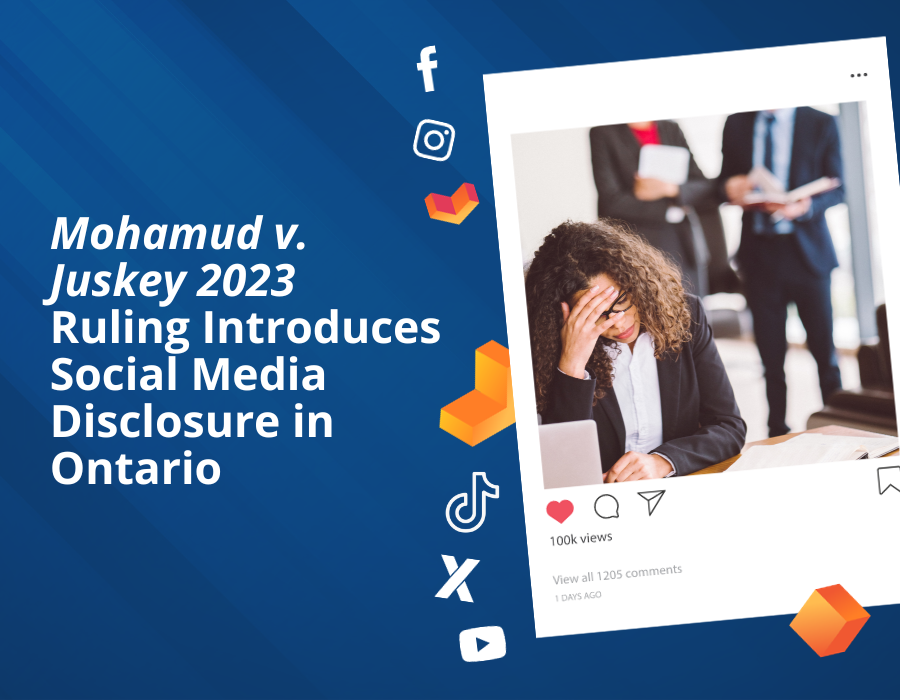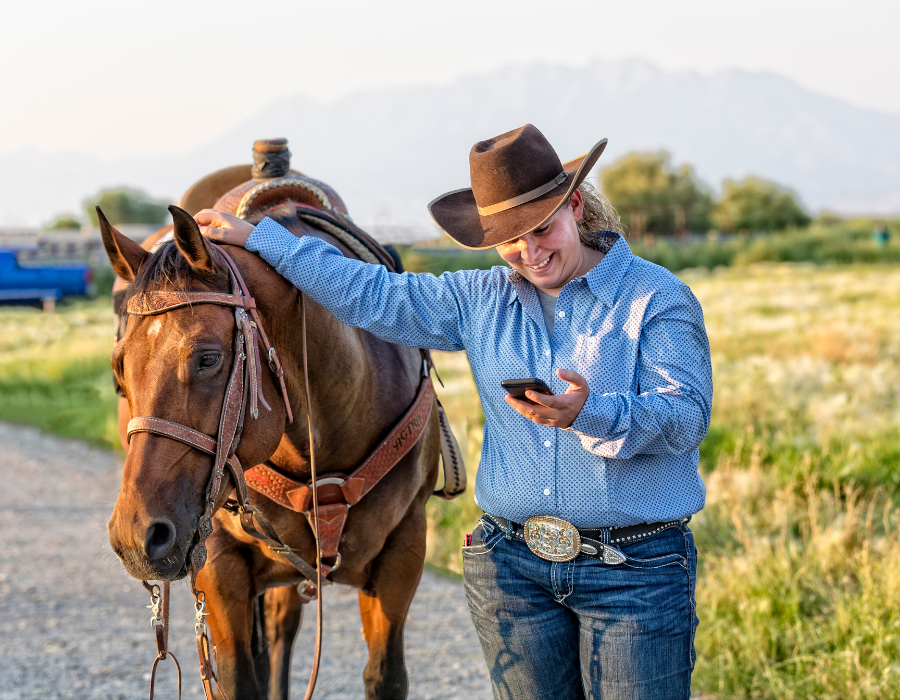Yousif v. State Farm Mut. Auto. Ins. Co., No. 336791 (Mich. Ct. App. Feb. 27, 2018)
In Yousif v. State Farm, the plaintiff was a passenger in a vehicle involved in a motor vehicle collision. The plaintiff submitted a claim for benefits that included household replacement services and attendant care. He further alleged that he was bedridden due to the pain and was unable to perform daily activities.
Over the course of time for which the plaintiff sought benefits, he regularly posted his activities on Facebook. In several posts, the plaintiff was seen participating in various activities such as attending road trips, attending games, shopping, and socializing. In two particularly damaging videos, the plaintiff was observed to be dancing and engaged in a physical altercation with someone else.
In light of the plaintiff’s Facebook posts, State Farm moved for summary disposition pursuant to MCR 2.166(C)(10), arguing that he had made false statements regarding his application for benefits and that the false statements constituted fraudulent acts under MCL 500.3173a. The plaintiff argued that whether his statements were false or fraudulent was a matter of credibility and thus a question of fact for the jury.
The Court of Appeal rejected this argument and held that the discrepancy between the plaintiff’s representations to his insurance company and his actions supported the finding that he was aware he was making false statements. The court concluded that social media evidence could be used at “face value” instead of being presented to a jury as a question of fact to deliberate upon. Notably, the court barred recovery for benefits entirely.
Social media investigation is the new surveillance being used by insurance companies. Private Footprint is a simple tool that provides lawyers full visibility into their clients’ past and present social media activity.
In this case, the insurance company used the plaintiff’s Facebook posts to highlight that he had made fraudulent statements about his application for benefits. With Private Footprint, the lawyer(s) representing the plaintiff would have been able to quickly run a report of his social media accounts to assess if this was indeed a file they wanted to take on.
Contact us today to learn more about Private Footprint and how you can start protecting the value of your files.




































